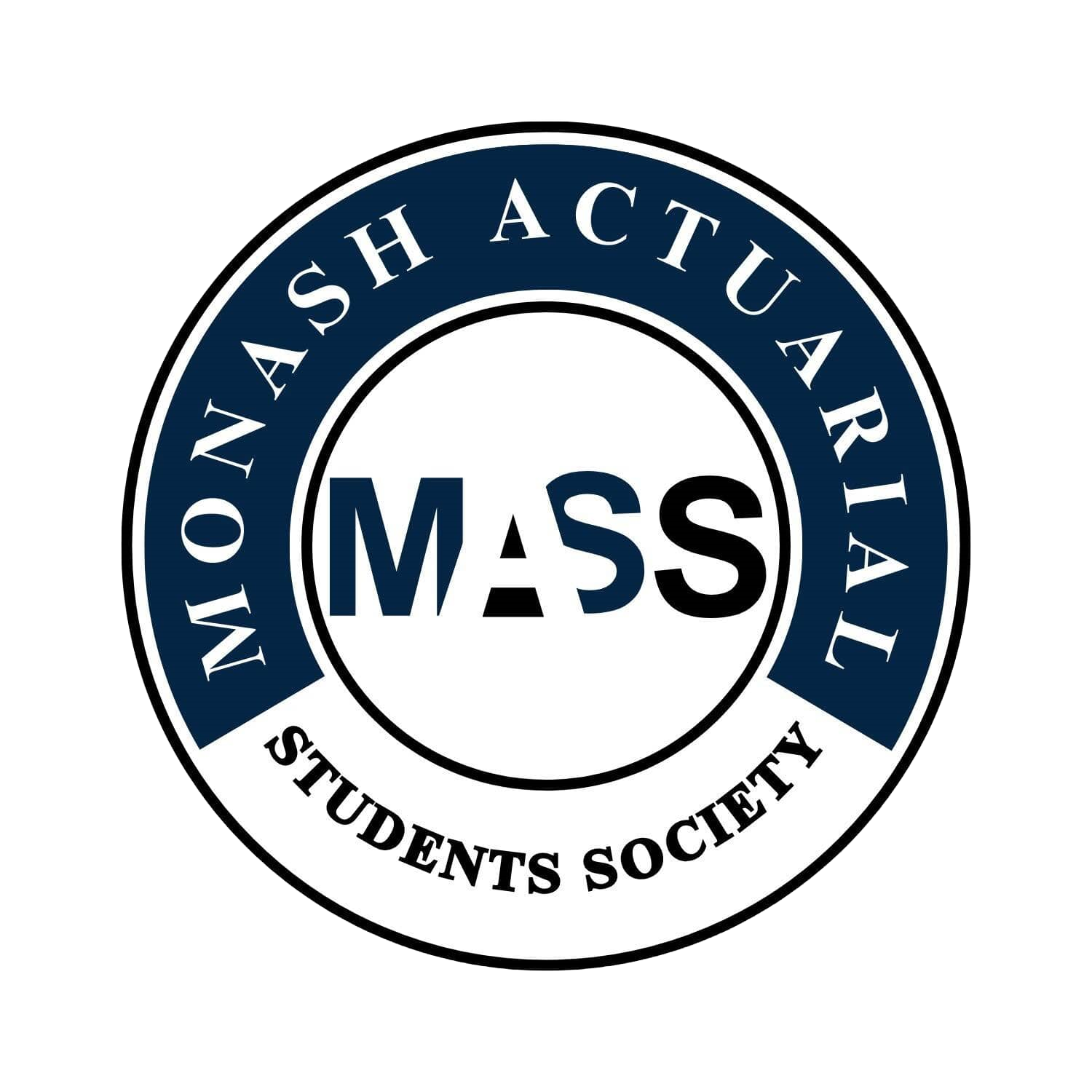ETC3430 / ETC5343 Financial Mathematics Under Uncertainty
Difficulty:
Year Completed: Semester 1, 2024
Prerequisite: ETC2430 and ETC2520
Exemption (2023 onwards):
CS2 Risk Modelling and Survival Analysis
ETC3420 (20%), ETC3430 (60%), ETC3550 (20%)
Weighted average of 70% required. Minimum of 60% required for each unit.
Mean Setu Score: 71.2%
Clarity of Learning Outcomes: 71.8%
Clarity of Assessments: 65.8%
Feedback: 63.6%
Resources: 74.2%
Engagement: 81.2%
Satisfaction: 70.6%
Subject Content:
Lecture(s) and Tutorial(s):
Lecture Recording:
Textbook(s):
Assessments:
Week 1: Survival Models
Week 2: MEL & Graduation 1
Week 3: Graduation 2
Week 4: Stochastic Process
Week 5: Markov Chain 1
Week 6: Markov Chain 2
Week 7: Survival Models
Week 8: Continuous Time Markov Process
Week 9: MLE for Markov Jump Processes
Week 10: Mortality Projection
Week 11: Machine Learning
Week 12: ML2 and Revision
1 x 2 hour lecture
1 x 1.5 hour tutorial
Full lecture recordings were available from each week’s content.
There were also recordings of the tutorials made available at the
end of each week.
N/A
Tutorial Presentation: 5%
Moodle Quizzes: 15% (top 10 out of 11)
Assignment: 20% (5% for pre-submission, 15% final submission)
Final Exam: 60%
Comments
The unit was quite challenging as it starts off very theoretical and conceptual - this makes it difficult to see how the rest of the unit progresses. It also draws off of concepts taught in previous units
which can be challenging at times. This can sometimes lead to confusion as the first half of the unit builds upon the first four weeks and becomes more challenging as the unit progresses. Due to the heavy emphasis on the theoretical work at the start of the unit, it can be difficult to see how it is relevant, however, the second half the unit shows how the content is applied and shows more real world application. Therefore, the second half of the semester was relatively more straightforward than the first half. The Survival Models that were then touched on in the last few weeks were able to build on some of the more theoretical concepts that were covered earlier and as such were easier to understand.
Overall, the lectures were taught well despite the challenging nature of the content in the first half. The lecture slides provided a comprehensive explanation of the topics, so reading of the slides prior to the lecture and following lectures can assist students in understanding the content. The lectures set expectations that proofs were not required but rather the mathematical intuition between the concepts and processes.
Formal tutorials started in week two, but the tutorials in week one were useful in providing revision for some of the more difficult maths required to understand the content. The week one tutorial also provided assistance for students who have never used R before. Overall, the tutorials were helpful as the tutors would provide worked solutions to all (time permitting) questions for that week. While recordings of these tutorials and the tutorial solutions are posted at the end of the week, its recommended that students attend these tutorials so that they can have the opportunity to ask any clarifying questions that they may have.
The quizzes were multiple choice questions based on the lecture material from the previous week and assessed the students ability to understand the content taught
The assignment was very doable, however required some prior knowledge of R which could be challenging for students not confident in using the software. However with aspects of the code being provided and explained within the lectures, good results in the assignment were definitely achievable.
There is a lot of content in this unit and it requires an ongoing effort and a large effort come exam time. Despite being difficult, with enough effort the exam is quite achievable and high marks can be attained. The exam covered all topics of the unit equally, with an emphasis on the last two weeks of content.
Tutorial questions were very useful to help revise for the exam, as the questions covered were indicative of the types of questions and difficulty which can be expected in the exam. The exam was quite time pressured so it is important to move quickly through the questions and not to dwell on a single question.
Overall, the unit requires a lot of work early on and leading up the exam. It can be quite challenging at times to grasp the mathematical concepts, however very rewarding when you gain an understanding of them, and how they apply to the real world. It’s recommended that students focus on developing the understanding of the content early in order to set themselves up for success in the unit.
General Overview:
Lectures:
Tutorials:
Assessments/Other Assessments
Exams
Concluding Remarks

